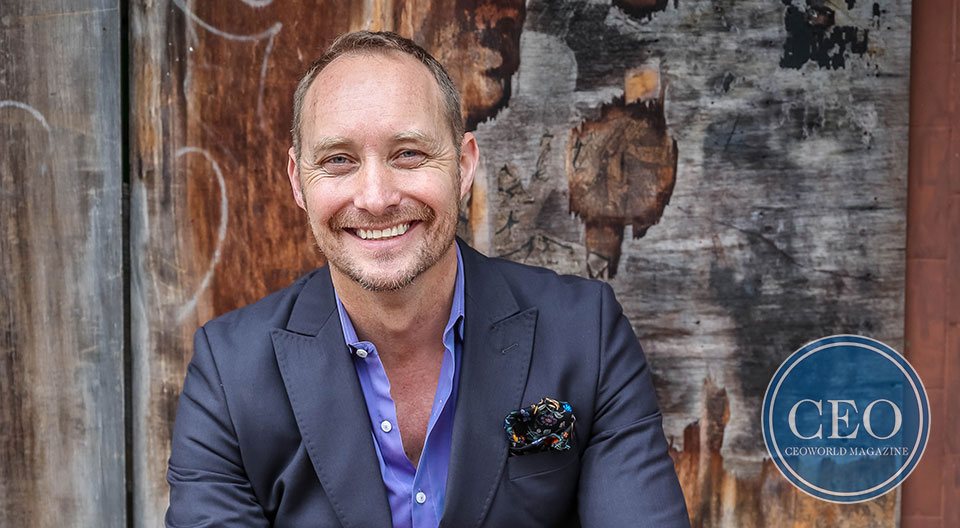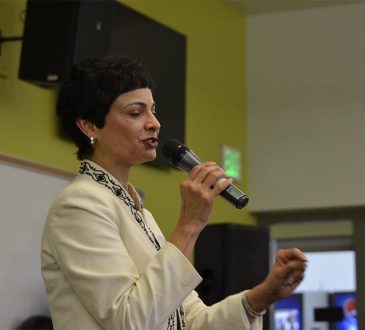Three ways we’re expecting more of others than perhaps we are of ourselves

Where behaviour exists (governments, corporates, businesses, even sport) we the public weed it out. Our collective boiling blood, rising to great Fahrenheits is powerful enough fuel to go whole-heartedly after elected officials, C-suite titles or athletes: placing them in stockades (social media) to be appropriately humiliated or cut off after being tarred and feathered.
Gandhi’s often cited saying ‘be the change you wish to see.’ Quote investigator or The New York Times highlight more contextually accurate references coming from a piece published in 1913. ‘If we could change ourselves, the tendencies in the world would also change. As man changes his own nature, so does the attitude of the world change toward him.’
There’s an interesting paradox here. We’ll call others out for the value they’re detracting from the world. Fair play. Yet are we brave enough to peek into mirrors of self reflection where we may see or feel slight uncomfortability. There are many scenarios we may be expecting more in the behaviour of others than perhaps we ourselves are not willing to be. Here’s but three:
- The underpaying economy
Some Royal Commission findings or a string of industries caught ripping people off mortified people. All of which translated to what became known as ‘underpayment’: unethical products, poor service or actual salaries in the case of hospitality.Yet there are plenty of consumers doing the same: Services demanded for free or, knowingly, specialists expected to give time and advice on the ‘promise’ of a potential booking. Meanwhile it’s an empty promise given another online window is already opening so consumers can firm up direct bookings elsewhere without fee. In some instances knowledge may be plagiarised, even monetised, without credit.
There are elements of underpayment at play here in respect and salary even though the skill or knowledge is clearly valued. Maybe begrudge less any fees for quality service: or be up front and follow through on any promises where skill and service standards stack up.
- The cut off culture
Imagine banks being caught red-handed pulling Houdini styled disappearing acts with your hard earned? And no matter how much you sought resolution you simply never heard from them ever again? Regardless whether hypothetical investments lost were a few dollars, thousands or millions, it would likely leave a lasting sting, bad taste or even personal devastation. Yet aren’t we living in an era where individuals repeatedly act this way towards each other?The phenomenon, often associated with emotional abusers, is covered in scientific journals. It’s earned a popular culture label: ghosting. Sure, there are situations, stalking or the likes, where complete cut off may be warranted. Yet we all know that’s frequently not the case. The emotional investment underwritten, then written off, in friendships is akin to hypothetical monetary values stolen unethical, financial systems.
We’re so hard wired with the cut off culture that a 2018 Huffington Post article cited 50% of people being on the receiving end. ‘Fortune’ found 80% of millennial singles had been victims of ghosting. Yet despite the fact it sucked it didn’t prevent them paying it forward.
With ghosting (ghoster or ghostee) people frequently harbor unresolved emotional hurt. It’s their next partner paying the price for their current or past partners behaviours and actions. These vicious cycles are an unspoken, accepted, insidious virus that diminishes as much, if not more value, from the world as the avaricious nature of unethical corporates. Surely a little more candour or a little less judgement wouldn’t be amiss.
- Politicians aren’t the only ones playing politics
If businesses used bulk marketing budgets to slag off competitors rather than highlight strengths we’d bust them for it. Yet we encourage, applaud, even reward, the same behaviour in arenas like TV (reality shows) or politics. Enough of us collectively buy into the dramas as distraction or entertainment by giving it focus and energy to trend or via a tick in the box vote.Proponents who play a cleaner race, or people who respectfully and calmly get on with things, just aren’t interesting or exciting enough in a voyeuristic world that loves a little fame, extremism or provocation. There’s so much gossiping and politicking going on, often with little accountability or behind backs, it’s surely become one of the largest global hobby past times.
When businesses or governments become the target of hackers we celebrate the downfall of another tyrant at the hands of leaked secrets: the spoils of whistleblowers for a worthy cause. Cool. Yet how many secrets entrusted by friends have equally been shared during idle nights of gossip or spilled hanging around the water cooler? It may not be as devastatingly detrimental on a global scale yet surely it’s still a significant breach of great trust?
We could perhaps elevate humanity, rather than it’s dark underbelly, back under a behavioral spotlight. A little kindness, acceptance, tolerance and love might go a long way to be that change we wish to see: or something like.
Written by Mark Carter.
Add CEOWORLD magazine to your Google News feed.
Follow CEOWORLD magazine headlines on: Google News, LinkedIn, Twitter, and Facebook.
This report/news/ranking/statistics has been prepared only for general guidance on matters of interest and does not constitute professional advice. You should not act upon the information contained in this publication without obtaining specific professional advice. No representation or warranty (express or implied) is given as to the accuracy or completeness of the information contained in this publication, and, to the extent permitted by law, CEOWORLD magazine does not accept or assume any liability, responsibility or duty of care for any consequences of you or anyone else acting, or refraining to act, in reliance on the information contained in this publication or for any decision based on it.
Copyright 2024 The CEOWORLD magazine. All rights reserved. This material (and any extract from it) must not be copied, redistributed or placed on any website, without CEOWORLD magazine' prior written consent. For media queries, please contact: info@ceoworld.biz
SUBSCRIBE NEWSLETTER








